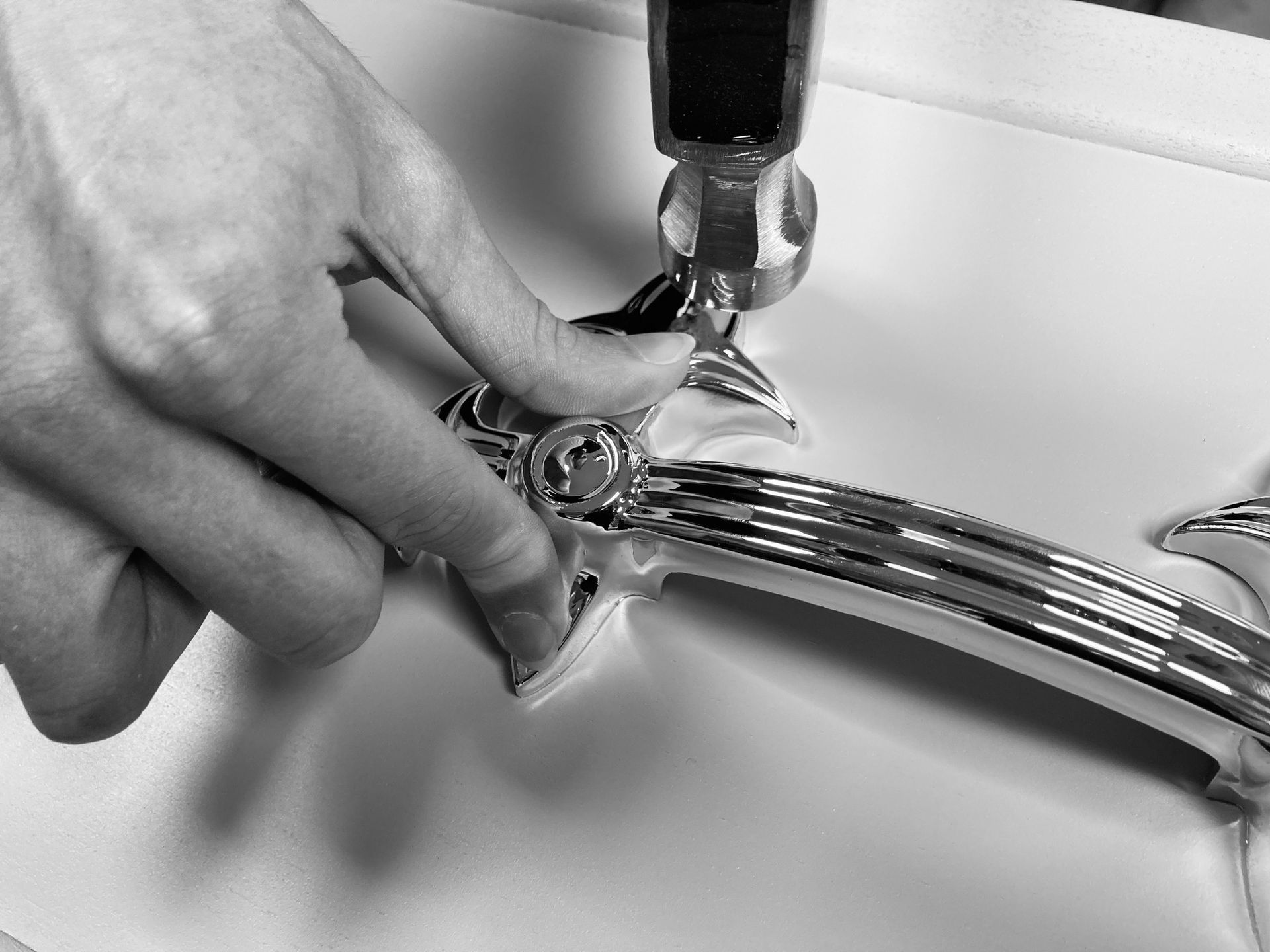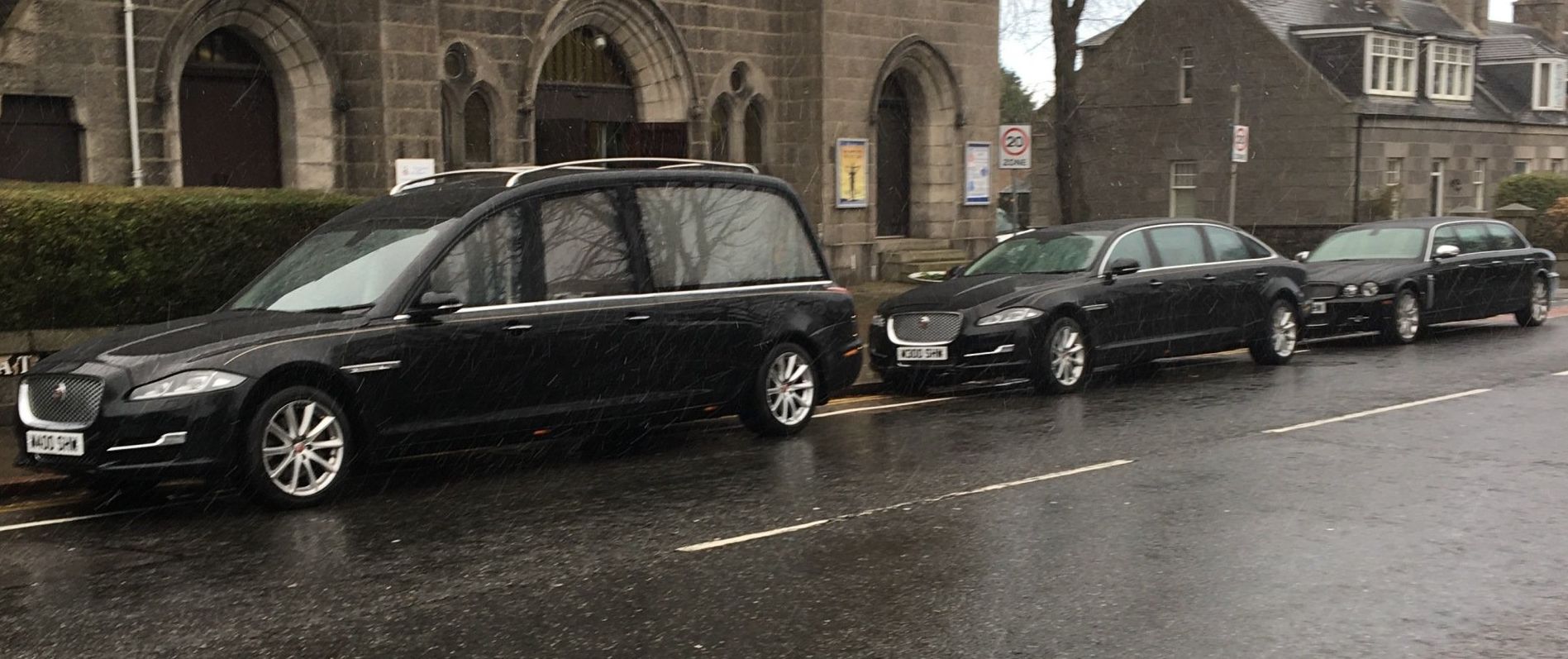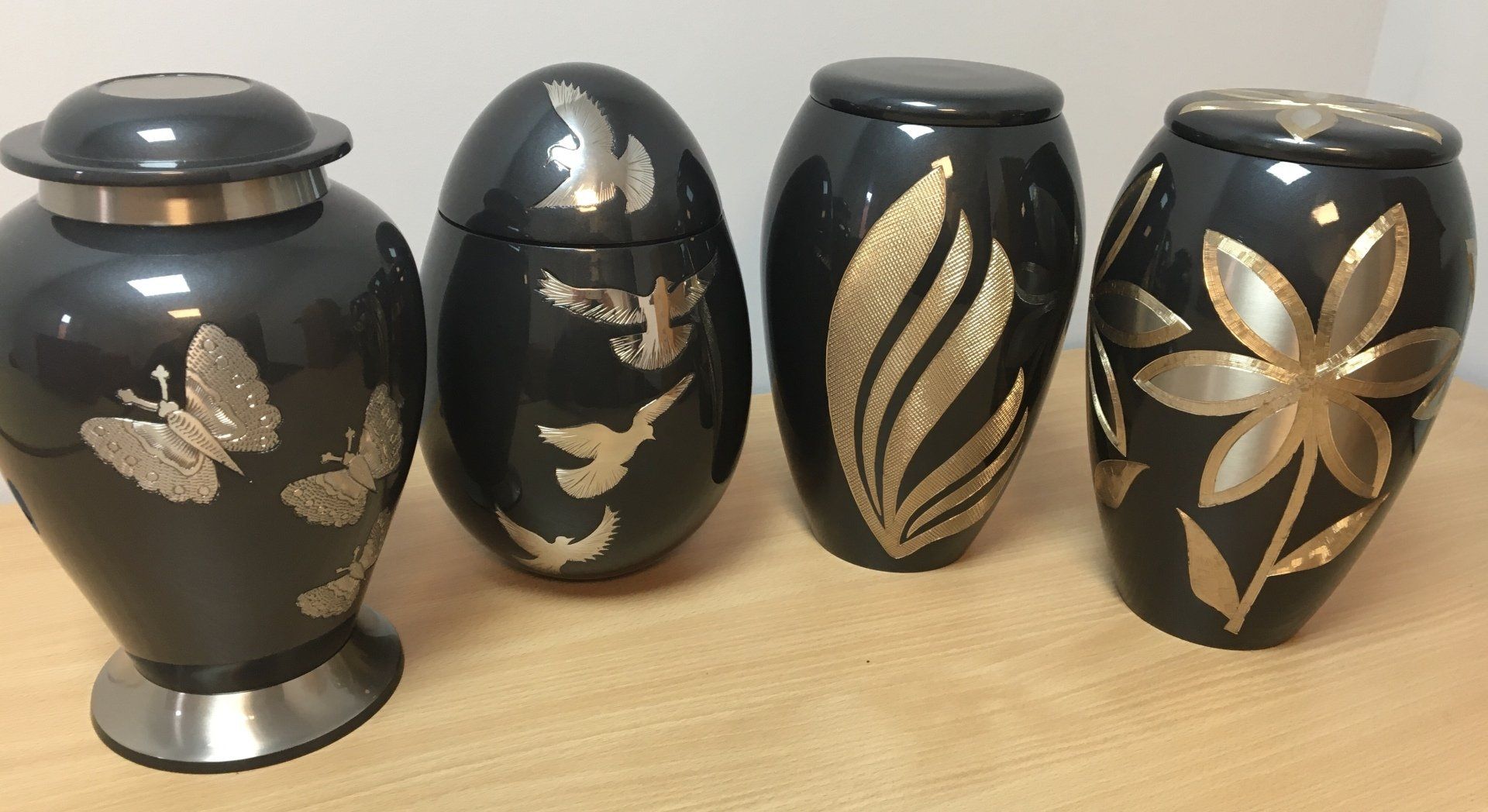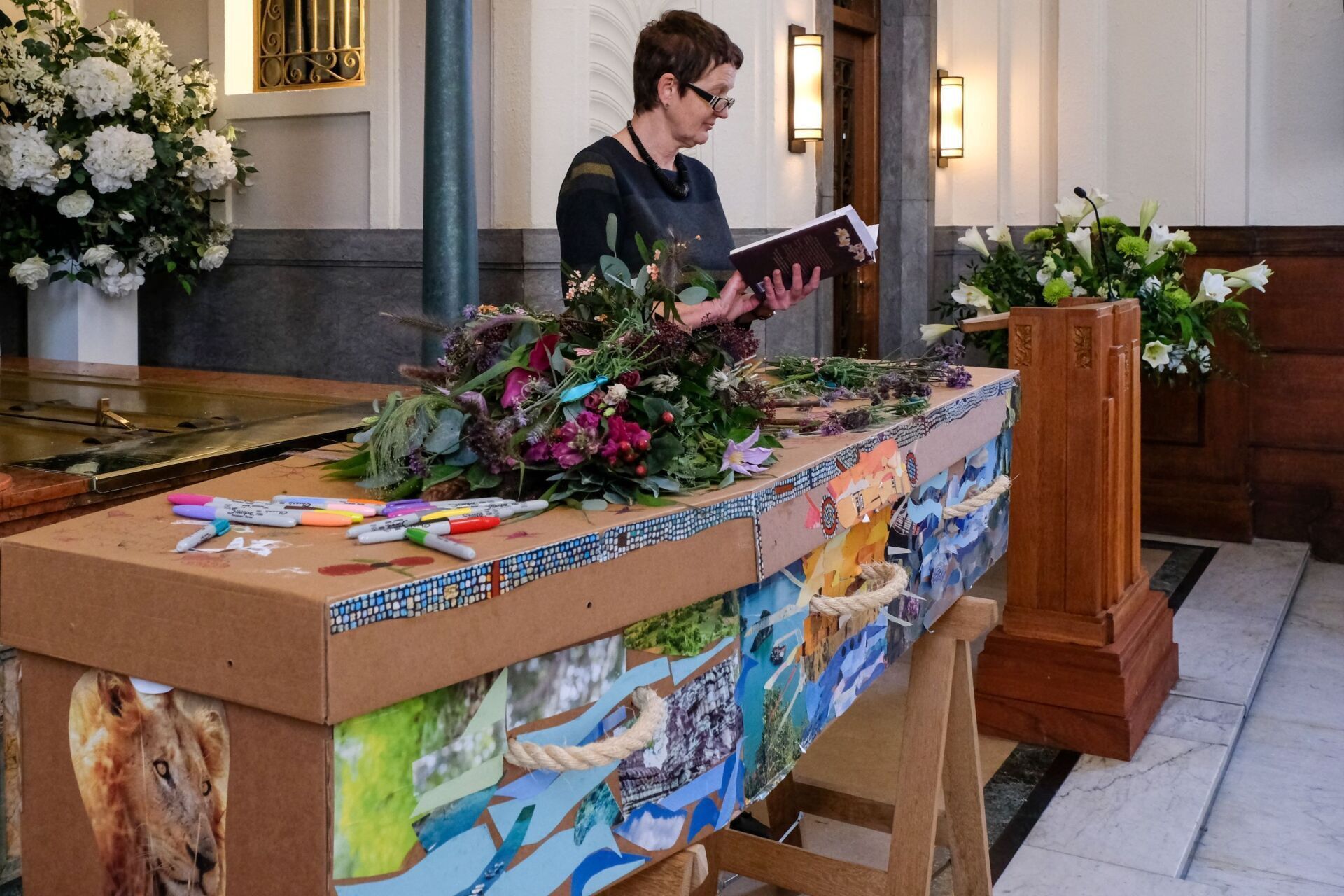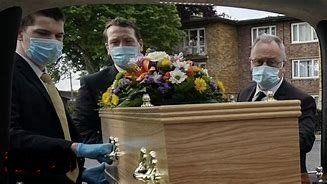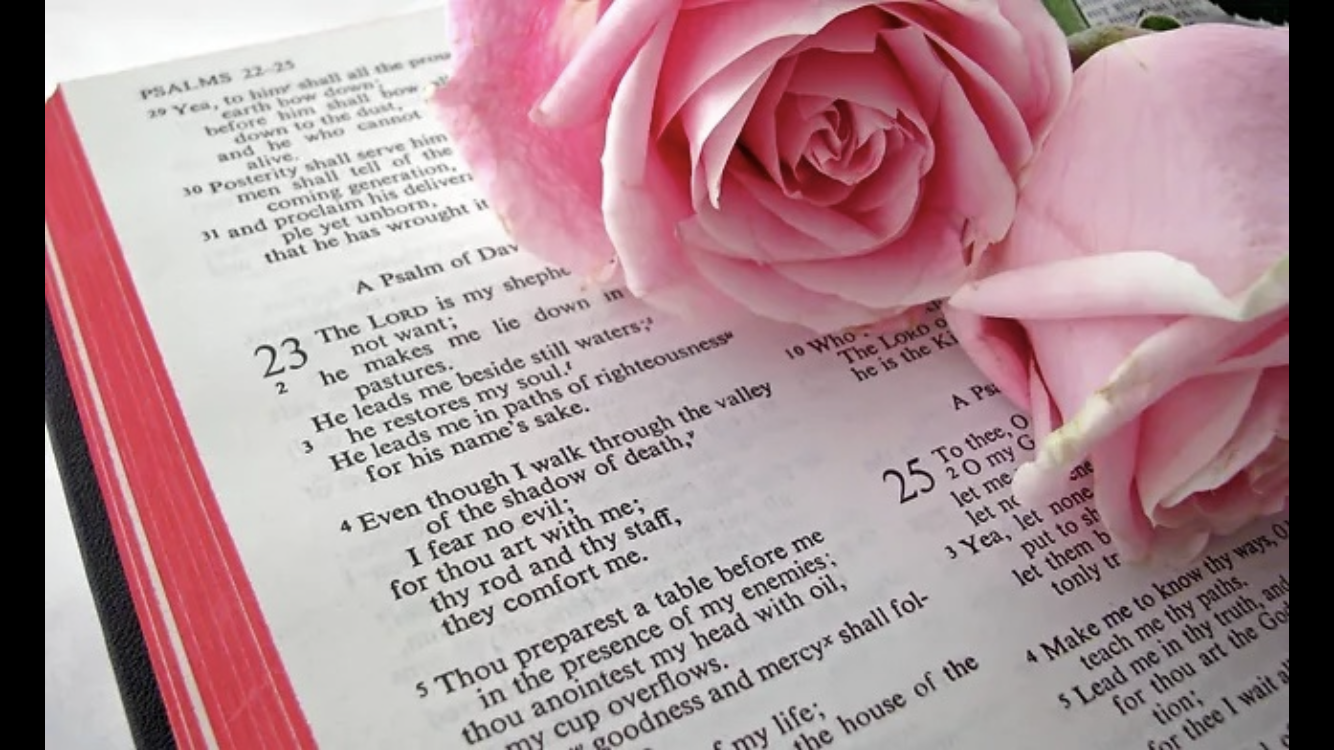
Funeral customs and traditions vary greatly both over time and from region to region. Funeral traditions relate to many other studies in history, geography, religion and sociology. Even in Scotland, traditions and customs vary greatly from one end of the country to the next.
We often find that the “traditional funeral” is full of rites and traditions each of which has a very practical aspect when understood in its original context. So here we look at some of the funeral traditions we are often asked about and what their history is.
As with all things, funerals have changed but some of the customs remain. In centuries gone by, or perhaps even more recently, funerals were much more of a community occasion. Families lived in closer proximity, smaller rural communities were tightly bound by community spirit which has no doubt eroded as they turn into commuter belt housing estates.
Within traditional communities, several people would have taken their role after someone died. It was far more likely that someone would die at home in the past. It was also likely that their funeral would take place more quickly than we often see today. Three days seems to the be the traditional expectation. There were less choices to make and take time over. Keeping a deceased body at home for too long without modern funeral home facilities had its practical restrictions. We are still often asked to have someone “resting at home”, even though they may have died in hospital. In such cases, once someone is dressed and prepared in their coffin, we take their coffin to the home. (Access and health and safety need to be considered.)
Often a District Nurse would continue their duties with the “laying out” of the body, dressing, closing of eyes and mouth. This might have been a chargeable service. Then the local joiner would make a coffin – probably to measure. The modern funeral director is generally a progression of this joiner / coffin supplier role. Funeral vehicles which are now the remit of funeral directors would often have been operated by garages, taxi firms or other transport firms and hired out accordingly. In the last generation or so, these funeral cars came under the ownership and provision of funeral directors.
There has always been a need to spread the news that someone has died and that their funeral is to take place. Such news travels fast, however the printed press was and remains a key part of this. However, a note in various local shop windows was a quick and easy way to spread word of a pending funeral. In some communities this still happens, especially where the local paper is only printed once a week which would be too late for notification of many funerals.
Where church was at the heart of the community, the local parish minister or priest was the usual officiant for the funeral. Religious customs vary greatly. In some traditions, the funeral was and remains no occasion for reminiscing about the life story of the deceased but rather a time to pray for the deceased as the progress to life eternal. Other traditions may have seemed to afford a little more consideration to the survivors and their need to take stock of the life lost and be comforted in their grief.
Each denomination or religion will have its own ceremonial rites which vary greatly. Jewish and Muslim funeral traditions are dictated largely by speed. The sooner the deceased is buried in the ground, the sooner their soul can make it’s onward journey and the sooner the grieving relatives could begin their mourning rituals. In other cultures, the deceased is to be sent on their way with food and clothing for the next life.
Traditionally it was the men who took the coffin to the cemetery. Whether this was out of old school chivalry, or whether it was a practical division of duties, allowing the women to get back and line up the catering who knows. A social time with refreshments then allowed sympathy to be expressed and the community to be together.
In Scotland, we have a tradition of 8 members of the family (traditionally men), in order of precedence lowering the coffin into the grave with cords and tassels. If you went to a burial in England, the lowering of the coffin would be done by funeral bearers using straps rather than cords attached to the coffin.
After the coffin was lowered, it would have been covered with a lair of straw to protect it and dull the sound as the earth was put back into the grave. Now this function is served by a neat coffin mattress which we place over the coffin.
Funeral homes and rest rooms are a relatively new development which allow family to have a place their relative lies prior to the funeral. As mentioned above, historically someone would have remained in the family home, or been taken from hospital to church where they may have been viewed by family the night prior to the funeral.
In Aberdeen, our historic firm “Shore Porters” used to provide a service of coffin carrying whether from the house or church to the cemetery.
The advent of cremation took funerals away from the nature and earth of cemeteries to a clean inside environment. Often church service would and still do take place prior to cremation. However there was now one place where the whole service could be held. In keeping with the tradition of burial, the coffin at the crematorium would lower out of site at the end of the service representing the lowering into the grave. Interestingly, in Aberdeen Crematorium which has operated since the mid 1970s, the coffin has never moved. People often ask however about the coffin moving or being taken away. There had been curtains to enclose the coffin at the end of the service, but even these have now been removed. Previously at Kaimhill Crematorium, the coffin did lower out of site.
When the local joiner made a coffin to measure out of oak or mahogany boards, there was probably not much discussion about how it would look. Now however, coffins come in many styles and colours, including print wrapped coffins allowing you to have anything on it you wish. What is absolutely great and meaningful to one family may test the bounds of good taste for another family.
Flowers have always played a part at funerals. They bring a natural brightness to a sombre occasion, they may bring a fragrant smell and for some, they symbolise a life which has been cut from it’s root.
Funeral attire has traditionally been black, and still often is black as an expression of mourning. However it is not uncommon now to have families ask that bright colours be worn, or event team colours to reflect the deceased’s passion in life.
Previous articles have explored changing approaches but ongoing significance of funeral ceremonies and the increase in secular services. We have also looked at the increasing number of funerals which take place with no one attending.
